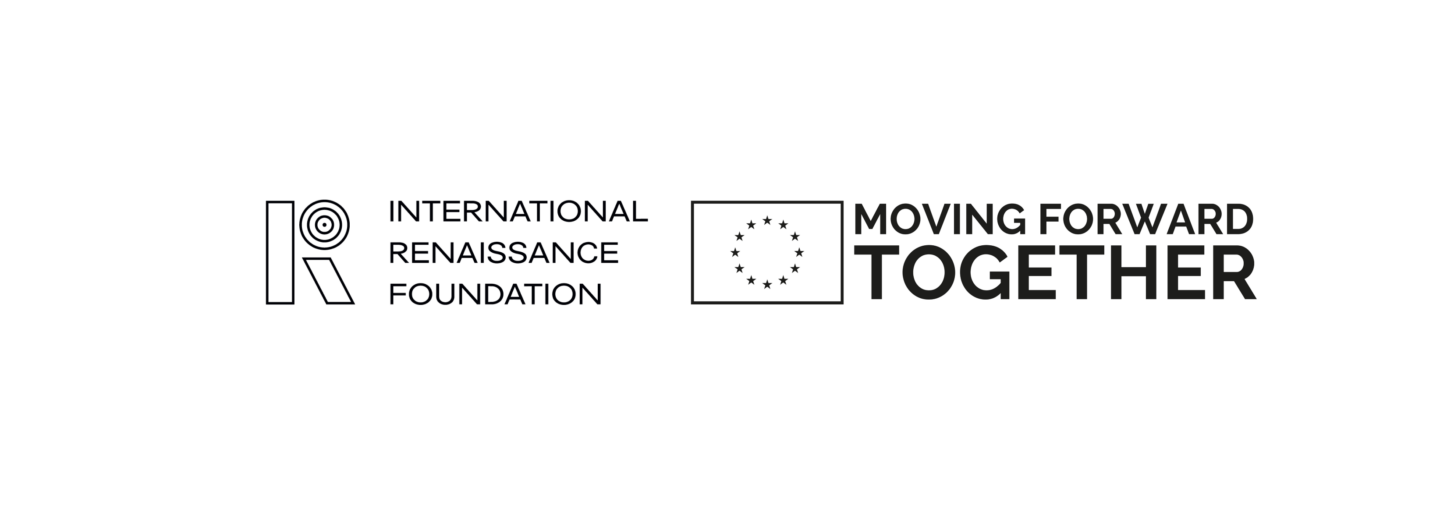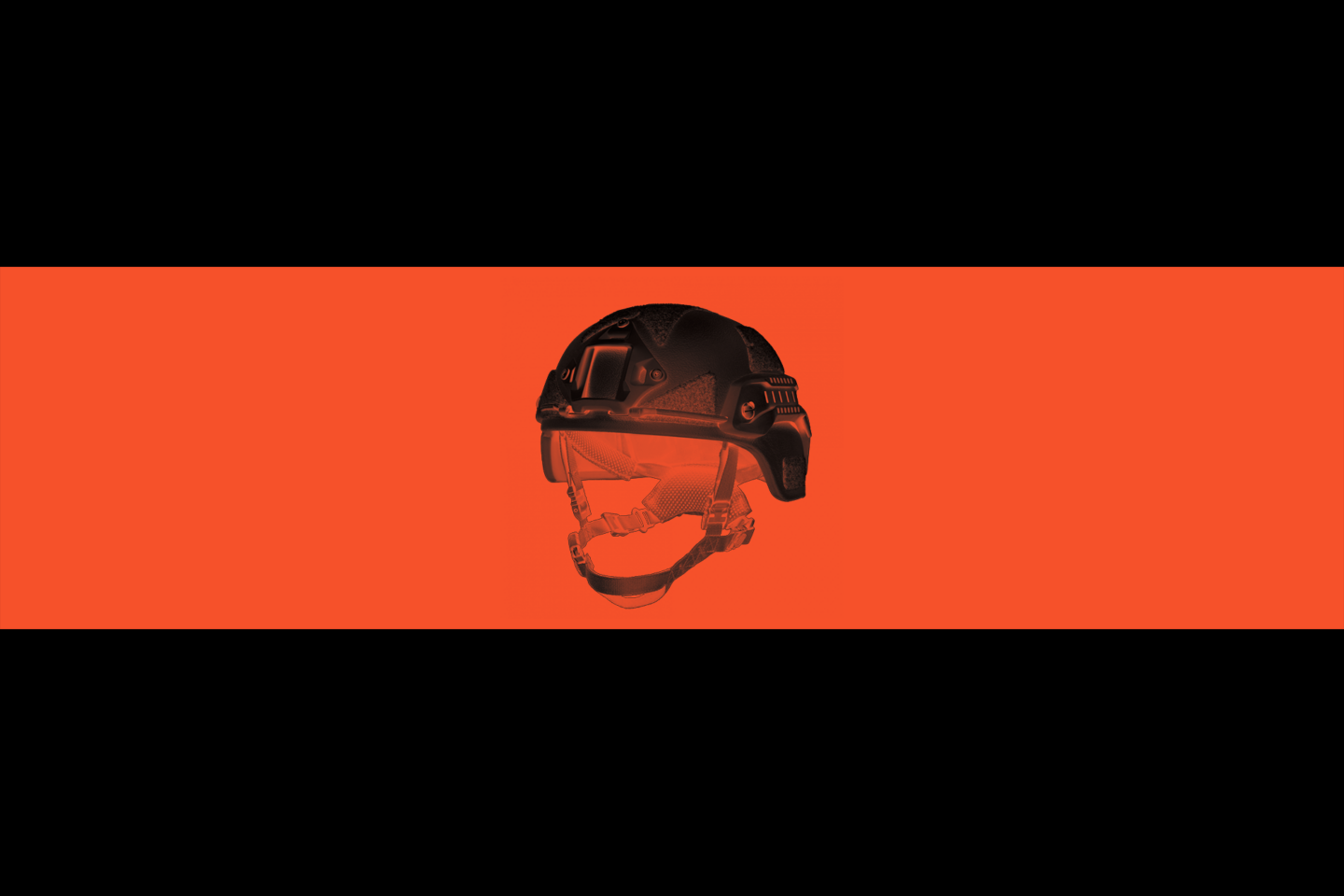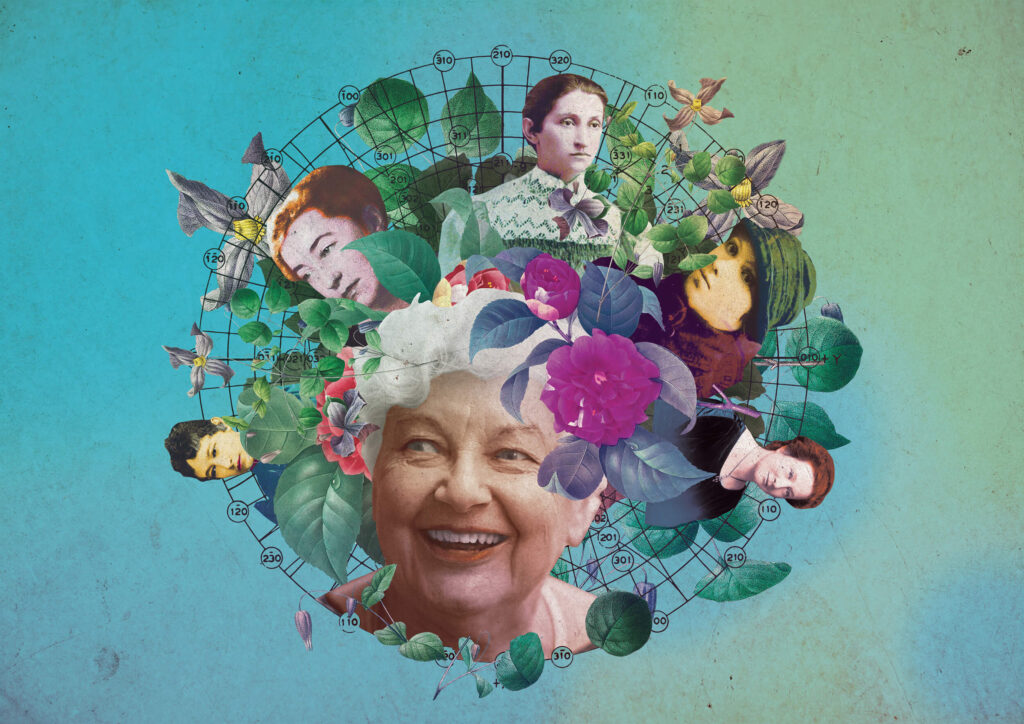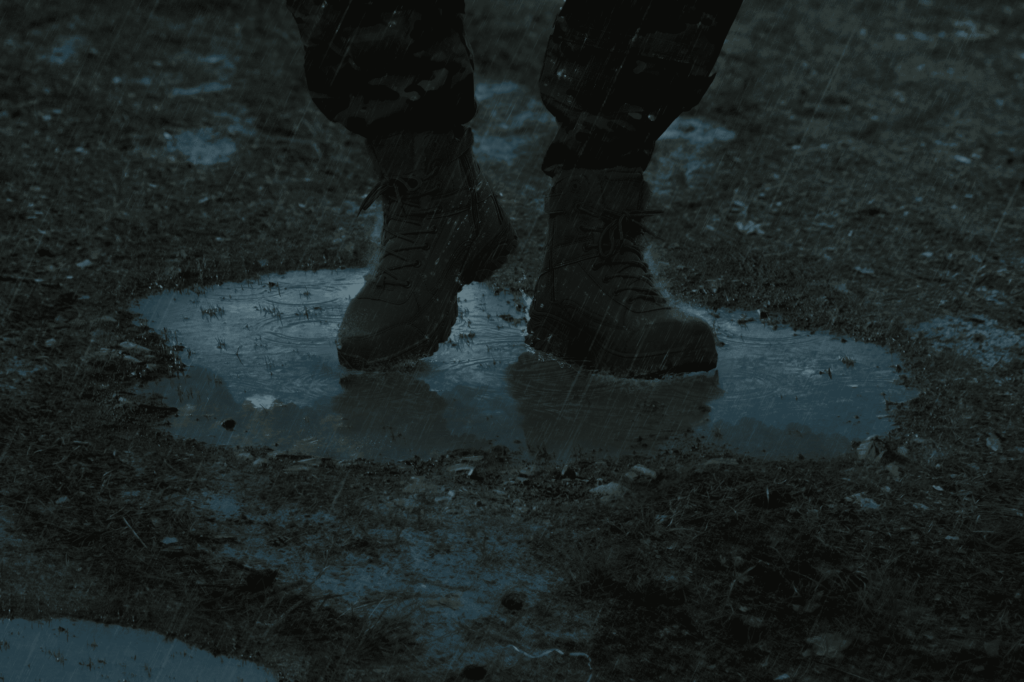The international security system has been irreversibly broken in Ukraine, although the cracks were already there. Afghanistan, Iraq, Syria, Iran. Millions were killed, tortured, raped, imprisoned, and kidnapped during the armed conflicts of the 21st century.
Several grave mistakes led up to that.
The fundamental problem is that the UN was created according to the rules of the victors in World War II. Neither the state system, nor the regime, nor the difference in geopolitical vision or ambitions were taken into account, and even less the difference in the treatment of POWs, political prisoners, access to freedoms and human rights, and they were very different even then, if we compare China and France, the Soviet Union and Great Britain, all of which are now permanent members of the UN Security Council.
This difference was becoming more and more noticeable, but no reforms were made.
Voting was carried out according to the same procedures that were set up in the beginning. No country received protection if at least one of the member states of the Security Council was not interested in it, as well as countries that were under its ideological and/or economic influence.
Blocked security is a phenomenon that is obviously very dangerous for establishing peace in the world, but it has been ignored every time.
In ordinary criminal law, this could be called inaction, negligence, and even acting with intention, but the criticism that was voiced from time to time did not lead to conceptual changes in the work of the international organization that is crucial in the field of security.
Aggression went unnoticed, or noticed selectively.
There were malicious violators of goodwill and peacebuilding, but they were considered acceptable exceptions and did not change approaches to the drafting of international agreements.
Agreements were drawn up on the basis of the principles of good will, conscientious adherence, and prevention, as well as the advisory nature of the requirements and the belief in a virtuous attitude to one’s obligations.
Basically, the entire UN treaty system is based on the principles of soft law, where it is believed that conscientiousness and living by the rules are many times more important than the system of sanctions and punishments.
These are very healthy rules for the functioning of healthy societies, but the recent response of the WHO shows: epidemics do occur, and it is worth fighting them. There are seriously and chronically ill state entities that ignore all medical instructions and rules of common sense.
It is true that the system of international justice was created in such a way as to fight against those who disregard the rules—international criminals. Therefore, it looks promising, although it works slowly and often leaves a feeling of unsatisfied need for justice within societies.
Why does this happen?
In particular, because the international justice system must take into account rules that do not seem acceptable and understandable to people who have suffered terrible losses due to war crimes.
People fundamentally do not understand why this system of criminal punishment is so unwieldy.
Why, in order to come to the conclusion that this is evil, that this is, indeed, black, is it necessary to listen to experts, lawyers, witnesses for years, examine piles of evidence, spend huge budgets, pay attention to the words of criminals, when even without all this, it is clear: this is evil?
There is a judicial response that follows its own rules and is slower, and there is one that meets security and humanitarian needs. People who have suffered a great injustice need immediate help, response, and involvement. Unfortunately, large international humanitarian organizations continue falling behind. They write reports, sit in their offices, talk about the safety of employees, and live inside the concept of “everything is not so clear-cut,” and “you need to listen to both sides of the conflict.”
We saw this after the destruction of the Kakhovka dam by the occupiers. The security response broke down, but the hope for the rule of law as a sword of justice is something worth fighting for and something to lean on.
Larysa Denysenko — writer, human rights defender
The views expressed in this material may not reflect the opinion of The Ukrainians Media. Reprinting the text or any part of it is permitted only with the written consent of the editorial team. The main image was created using artificial intelligence technology via the Midjourney neural network.
Translation — Liubov Kukharenko
§§§
[The translation of this publication was compiled with the support of the European Union and the International Renaissance Foundation within the framework “European Renaissance of Ukraine” project. Its content is the exclusive responsibility of the authors and does not necessarily reflect the views of the European Union and the International Renaissance Foundation]





